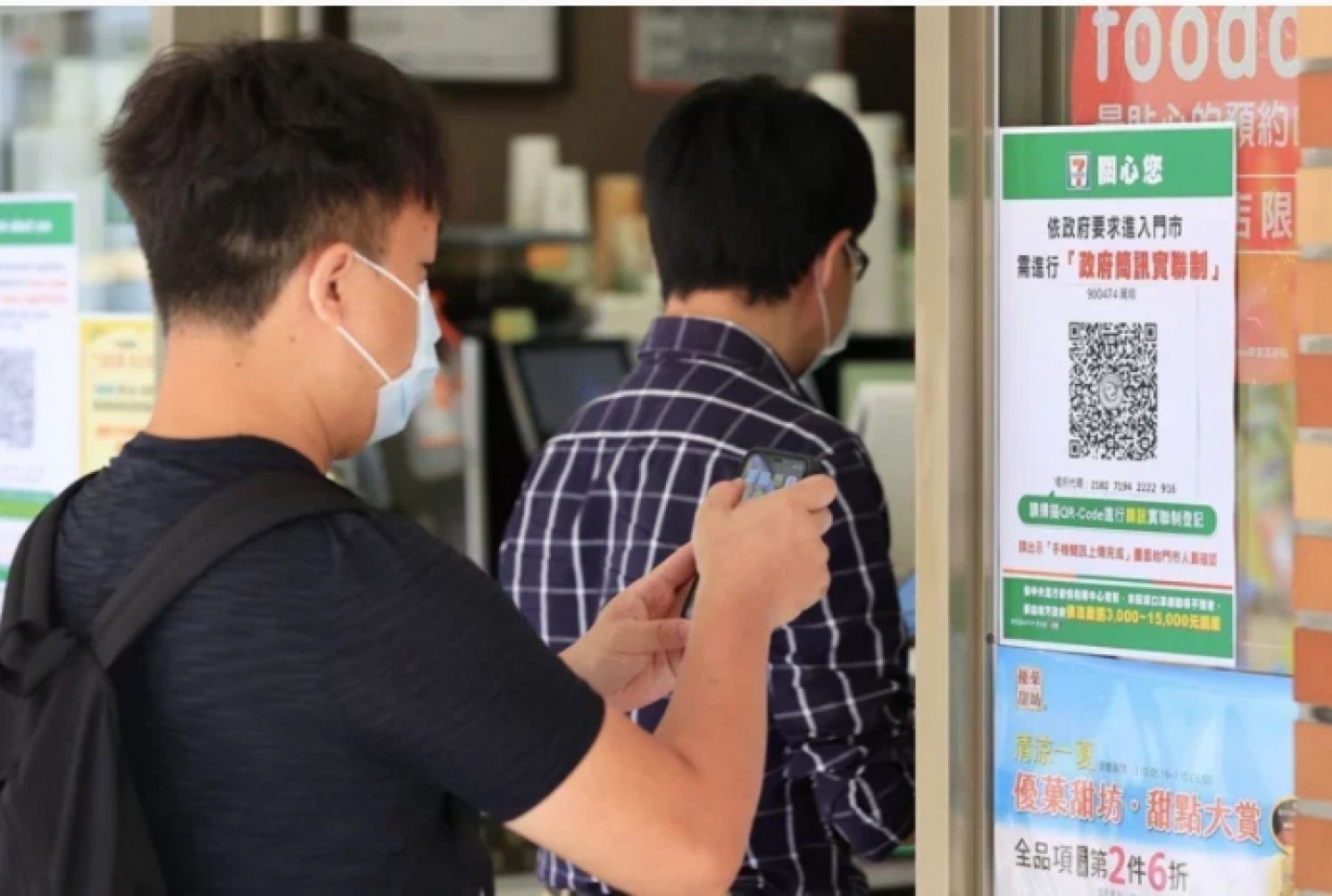
No Privacy:Can Human Rights Be Compromised in the Name of Epidemic Prevention?
United Daily News, June 20, 2021
After the outbreak of the coronavirus (COVID-19), the government in Taiwan has adopted many measures for epidemic control. They included the prohibition of children of mainland Chinese spouses to return to Taiwan, the electronic fence and Skynet system for people who are quarantining at home, listing of tens of thousands of high-risk people who have contact with the Wanhua District in Taipei and the earmarking of their National Health Insurance (NHI) cards without their knowledge, and the controversial real-name registration by text messages. These measures by the Central Epidemic Command Center (CECC) in the name of epidemic prevention have actually damaged the privacy rights of the people again and again.
To control the pandemic situation after the current surge of the coronavirus, the government implemented the real-name registration of contact tracking by text messages on May 19. After one month, 350 million messages have been sent. While this measure may be necessary to control and eliminate the epidemic, people’s whereabouts are exposed and their privacy is wide open. A judge found out that when applying for a search warrant, the police used the real-name registration to lock in the location of the suspect. This leads us to reflect whether human rights can be disregarded in the name of epidemic prevention.
In order to control the serious circumstances of the pandemic, the government has implemented the real-name registration by text messages, so people will leave their trace records when they go to the traditional markets, the supermarkets, the gas stations, or even the street stalls.
The government may act in good faith when implementing the real-name registration measure, for if people are confirmed infected with the coronavirus, their traces can be found and people with whom they have contacted can be followed timely to curb the spread of epidemic. But there are also disadvantages, for the whereabouts of everyone can be controlled by the telecommunications companies or even government agencies.
The CECC has reassured people repeatedly that the text messages are used exclusively for epidemic investigation, but Judge Chang Yuan-sen has found out when reviewing search warrants that the police may have used messages sent by the people to obtain the whereabouts of the suspect.
As a matter of fact, this is not the first time the government’s technological epidemic control measures may have violated human rights. Cases included the use of the Skynet to monitor people who were home quarantined during last New Year Eve’s activities, and denials of service by hospitals to Wanhua District residents because their NHI cards were earmarked without their knowledge. The Taiwan Association for Human Rights and Amnesty International have time and again questioned and examined Taiwan’s technological epidemic prevention measures, but the CECC has either ignored those questionings or slightly responded.
President Tsai Ing-wen always claims that her administration is a human rights government. The premier as well as the spokesman of the Executive Yuan were human rights lawyers before. But regarding the possible violations of human rights in epidemic prevention, the voices of safeguarding human rights inside the government have now disappeared.